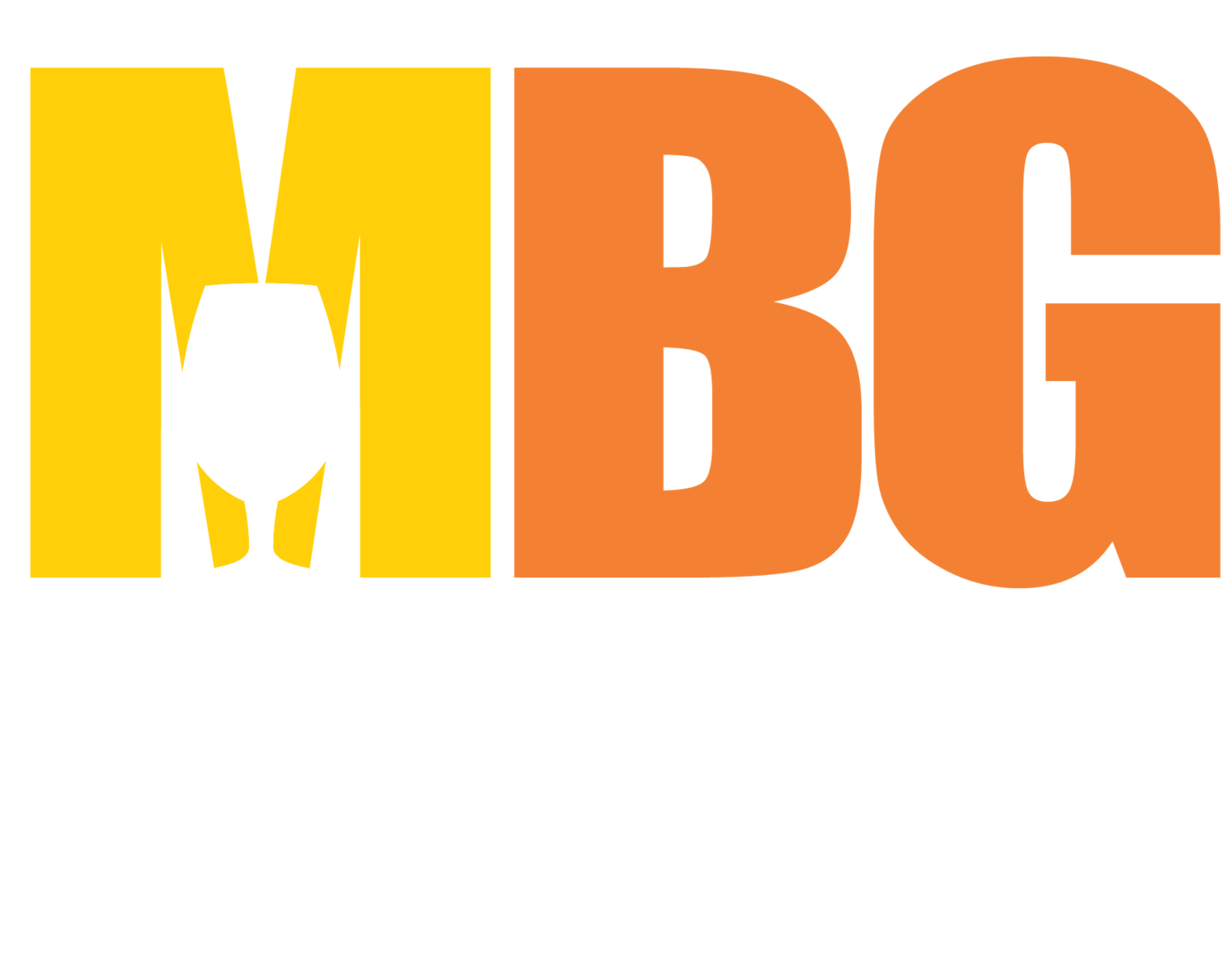
Collaborators Wanted: A Conversation with JP Gallagher, President of the Massachusetts Brewers Guild
When two breweries work together on a beer, it’s called a collaboration. (Or a collab, if you're hip.) Maybe you’ve spotted these joint efforts in the taproom and wondered how they came to be. This month, we asked Mass Brewers Guild President JP Gallagher—who might have a small obsession with collabs—to explain.

